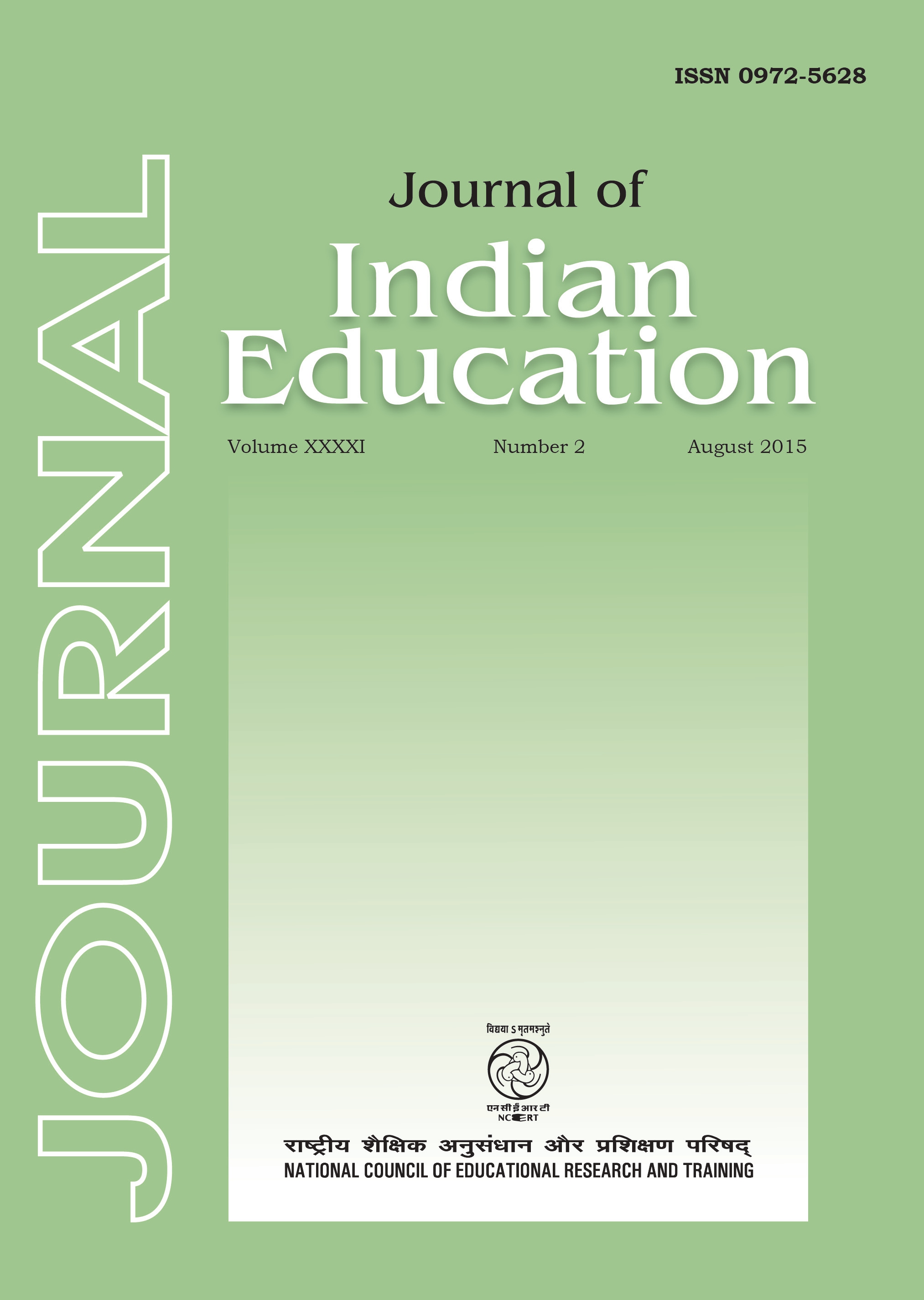Published 2024-12-12
Keywords
- Plagiarism,
- Copyright,
- Research Ethics
How to Cite
Abstract
Plagiarism defies a conclusive definition. Whereas the law-makers of the land have indirectly touched upon the issue while discussing Copyright infringements, a go-to legal definition of plagiarism per se continues to elude us. As a result, legal initiatives to understand and address plagiarism continue to be found inadequate. Plagiarism in academics is undeniably topical and is approached as an ethical issue. This approach to plagiarism foregrounds the primacy of intent in defining it. Whereas attempts have been made to find a nuanced response to the question ‘what constitutes plagiarism’, the academic community engaging with anti-plagiarism efforts has found it increasingly difficult to do so, conclusively. It is realised that plagiarism is to be understood against the backdrop of the changing academic and research scenarios. With the ever-bludgeoning dependence and legitimisation of internet as a source of knowledge-sharing, newer forms of plagiarism have surfaced and found a place in an already open ended discourse. This paper argues for the accidental plagiarist. It posits ‘intent’ as the definitive touchstone of the ‘severity’ of plagiarism. It provides narrative evidence of the prevalence of unintentional plagiarism among research scholars and roots for concrete steps to not let a budding scholar become an accidental plagiarist.

